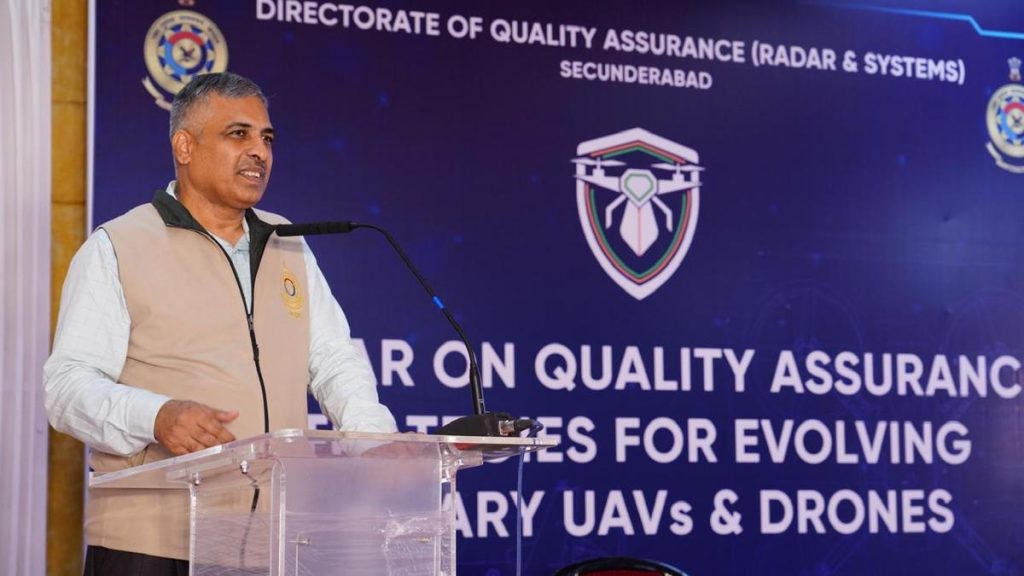Now Reading: Trump’s Immigration Policies Clash with Clean Energy Goals in Georgia
-
01
Trump’s Immigration Policies Clash with Clean Energy Goals in Georgia
Trump’s Immigration Policies Clash with Clean Energy Goals in Georgia

Quick Summary
- 475 workers were arrested in an Immigration and Customs Enforcement (ICE) raid on September 4 at a hyundai-affiliated electric vehicle battery factory under construction in Georgia, USA.
- Among those detained were over 300 South Korean citizens who were temporarily in the U.S.for equipment installation and worker training purposes.
- Reports state detainees included individuals who overstayed visas or used incorrect visa types. None of those detained worked directly for Hyundai Motor Company, according to the company’s statement.
- The South Korean government intervened,securing the release of its citizens and arranging their return back home via a chartered flight,tho they remain in Georgia as of Wednesday morning.
- The battery plant’s operations are currently halted as authorities investigate employment practices among contractors involved at various levels of subcontracting hierarchy.
- Experts warn this incident could disrupt U.S.-South Korea industrial partnerships essential for clean energy projects like electric vehicle manufacturing amid rising concerns about foreign workforce logistics and legal compliance issues.
Indian Opinion Analysis
This ICE raid reflects broader systemic challenges tied to immigration policies and international labor dependencies that may indirectly impact India’s position on global industrial cooperation frameworks-especially regarding its ambitions around clean energy manufacturing alliances similar to those involving south Korea or other foreign nations investing heavily in U.S-based projects.
India has previously sought global opportunities in EV production and solar technology collaborations; though, such incidents highlight potential hurdles around visa compliance for skilled technical workers-a challenge India might face should it follow similar models involving offshore engineering expertise or partnerships abroad.
additionally, if stricter immigration enforcement emerges as a norm following this investigation, it may complicate future investment strategies by partners relying on cross-border talent mobility-creating ripple effects that could apply globally across emerging economies like India seeking advanced industrial linkages powered by human capital exchange programs.
Read More: Grist.org
























